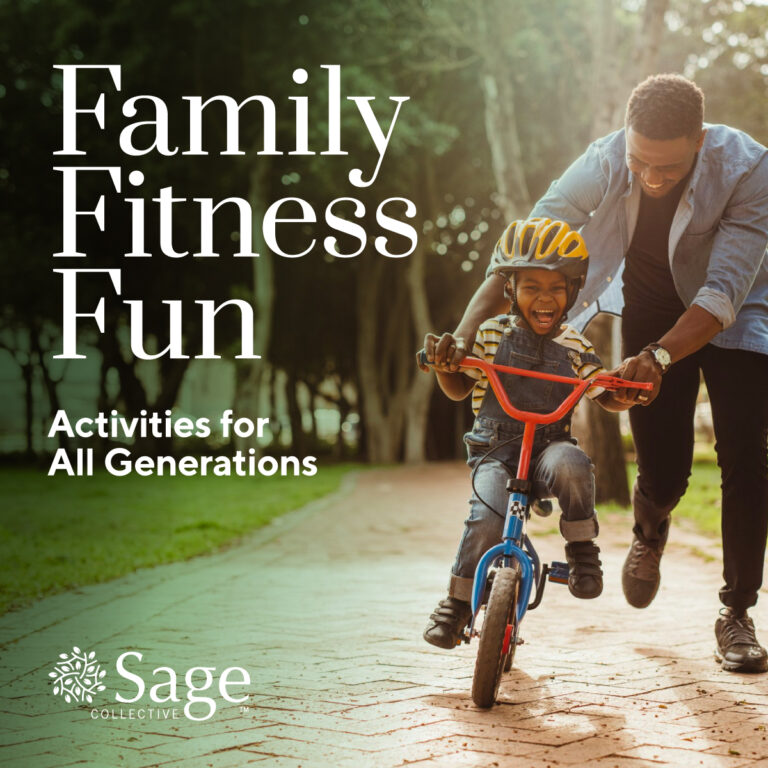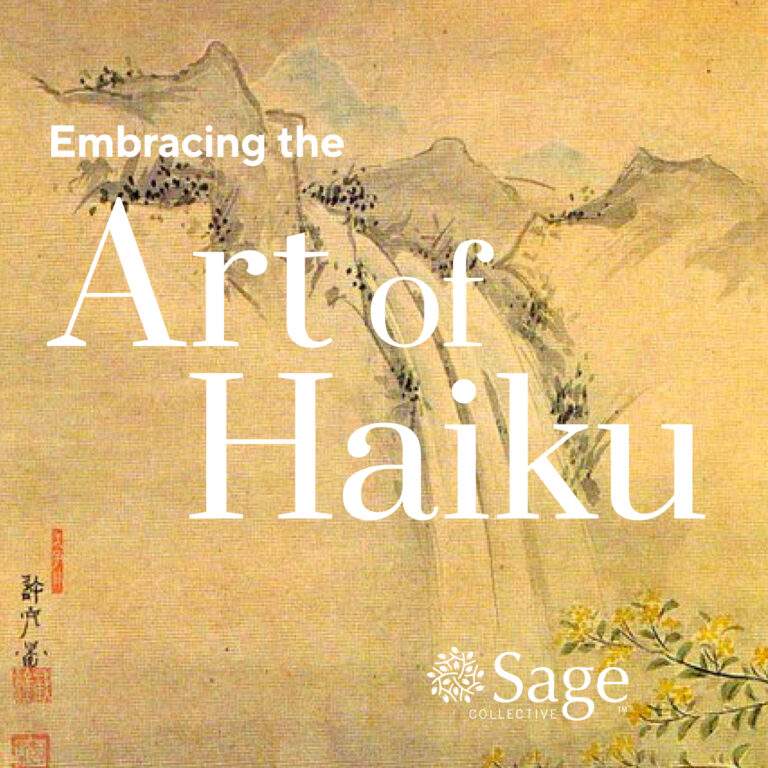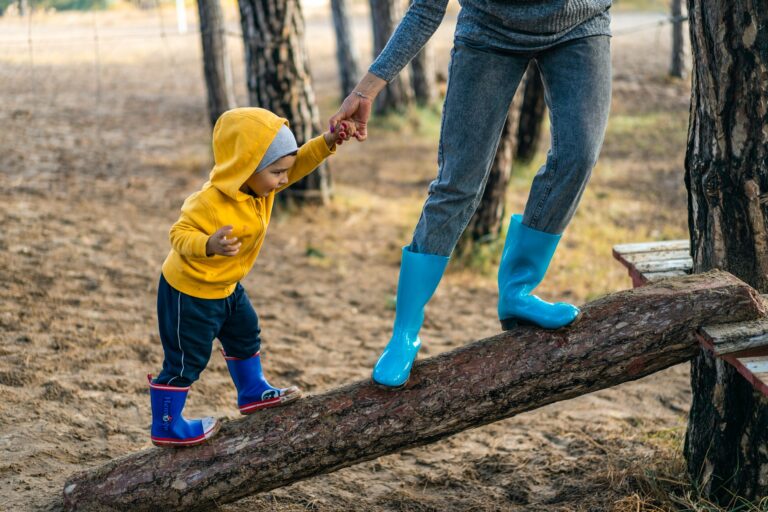Dive Into Wellness: The Benefits of Swimming for Older Adults
Staying active and healthy is fundamental to self-empowerment and living a vibrant life. Time and again, it has been scientifically proven that physical activity is key to improving physical health, mental health, and overall quality of life for older adults.
Swimming is often celebrated as a perfect exercise for people of all ages, but it holds particular benefits for older adults. At Sage Collective, we emphasize the importance of physical activity as a key component of vibrant living. Swimming offers a unique blend of cardiovascular, strength, and flexibility training, making it an ideal exercise for older adults looking to maintain their health and well-being.
Here’s a closer look at why swimming is a fantastic choice for older adults.
Low-Impact Exercise: One of the primary benefits of swimming is that it is a low-impact exercise. The buoyancy of the water supports the body, reducing stress on joints and minimizing the risk of injury. This makes swimming an excellent option for older adults, particularly those with arthritis or joint pain. Unlike high-impact activities such as running, swimming allows individuals to work out vigorously without putting undue strain on their bodies.
Cardiovascular Health: Swimming is a great cardiovascular workout. It helps to improve heart health by increasing circulation and boosting lung capacity. Regular swimming can lower blood pressure, reduce cholesterol levels, and improve overall cardiovascular fitness. For older adults, maintaining a healthy heart is crucial, and swimming offers an enjoyable way to achieve this.
Improving Strength and Flexibility: Swimming engages multiple muscle groups, helping to build strength and endurance. The resistance of the water provides a natural form of strength training, which is essential for maintaining muscle mass as we age. Additionally, swimming promotes flexibility. The wide range of motions involved in swimming strokes, such as reaching, twisting, and kicking, helps to keep joints flexible and muscles supple.
Mental Health Benefits: The benefits of swimming extend beyond physical health. Swimming has been shown to reduce stress and promote relaxation. The rhythmic nature of swimming, combined with the soothing properties of water, can have a calming effect on the mind. For older adults, who may experience stress or anxiety related to aging or health concerns, swimming can be a therapeutic activity that promotes mental well-being.
Social Interaction: Swimming can also be a social activity. Many communities offer swimming classes, water aerobics, and senior swim times, providing opportunities for older adults to socialize and build connections. Engaging in group activities can combat feelings of loneliness and isolation, fostering a sense of community and support.
Enhancing Balance and Coordination: Swimming helps to improve balance and coordination, which are critical for preventing falls—a common concern for older adults. The stability required to move through the water engages the core muscles and improves overall body awareness. These benefits can translate to better balance and coordination on land, reducing the risk of falls and associated injuries.
Accessibility: Swimming is an accessible form of exercise for many older adults. Most communities have public pools, and many fitness centers offer senior-friendly swimming programs. Additionally, swimming can be tailored to individual fitness levels, making it an inclusive activity for those with varying degrees of mobility and fitness.
Tips for Getting Started
If you’re new to swimming or it’s been a while since you’ve been in the pool, here are a few tips to help you get started:
Consult Your Doctor: Before starting any new exercise program, it’s important to consult with your healthcare provider, especially if you have any preexisting health conditions.
Start Slow: Begin with shorter sessions and gradually increase the duration and intensity of your swims as your fitness improves.
Join a Class: Consider joining a water aerobics class or a swim group for older adults. This can provide structure, motivation, and social interaction.
Use Proper Gear: Invest in a good pair of swim goggles, a comfortable swimsuit, and, if necessary, flotation devices or water weights.
Stay Hydrated: Even though you’re in the water, it’s important to stay hydrated. Drink plenty of water before and after your swim.
At Sage Collective, we believe in fostering vibrant living through activities that nourish both the body and the mind. Dive into the world of swimming and experience the transformative benefits it can bring to your health and happiness.












